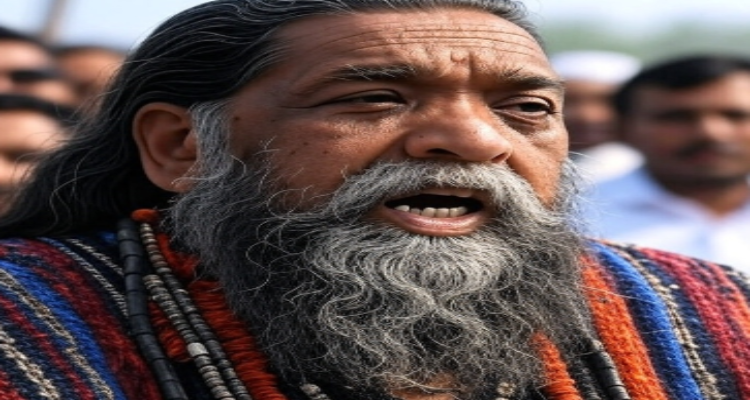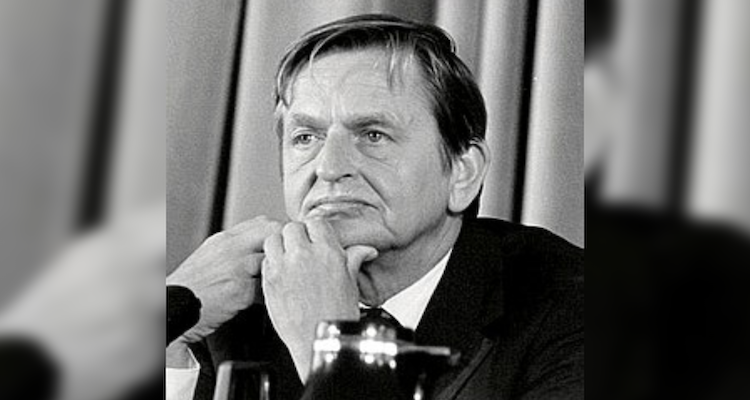Former Jharkhand Chief Minister Shibu Soren Dies at 81: End of a Political Era

Veteran Jharkhand leader and Jharkhand Mukti Morcha founder Shibu Soren, known for championing tribal rights and shaping a political era, dies at 81 in New Delhi.
Introduction: The Passing of a Tribal Icon
The twilight of an era descended on Indian politics with the passing of Shibu Soren, the legendary founder of Jharkhand Mukti Morcha (JMM) and stalwart advocate for tribal rights. Soren, revered as “Dishom Guru” among tribal communities, died in New Delhi on August 4 at the age of 81. His death not only leaves a gaping void in Jharkhand’s political tapestry but also marks the departure of an indomitable figure whose influence shaped the trajectory of a state and the nation.
Context & Background: From Rural Roots to a Mass Movement
Born on January 11, 1944, in the remote village of Nemra in Ramgarh district (then Bihar, now Jharkhand), Shibu Soren’s earliest encounters with feudal exploitation laid the foundation for a lifelong crusade against injustice. Growing up amid hardship, Soren witnessed firsthand the struggles of tribal communities bereft of land rights, dignity, and opportunity.
In 1973, responding to these inequities, Soren co-founded the Jharkhand Mukti Morcha alongside A.K. Roy and Binod Bihari Mahto. The movement, initially a grassroots call for land rights and justice, soon crystallized into a powerful demand for a separate state for tribal communities. Within years, the JMM emerged as the principal voice for the region, forging unity across Chotanagpur and Santhal Pargana and awakening political consciousness that would ultimately reshape Indian federalism.
Main Developments: Leadership and Controversy
Shibu Soren’s career was characterized by relentless activism, electoral battles, and occasional controversy. The movement he spearheaded ultimately bore fruit on November 15, 2000, with the formation of Jharkhand as India’s 28th state—a milestone that elevated Soren to near-mythic status.
His influence extended beyond state borders. Elected numerous times to the Lok Sabha from Dumka, Soren became a recognizable figure in national politics, serving as Union Coal Minister and playing pivotal roles in coalition governments. His son, Hemant Soren, continues this legacy as the incumbent Chief Minister of Jharkhand.
Soren’s ascent was not without turbulence. Legal challenges dogged multiple chapters of his political journey. The 1975 Chirudih massacre case and his brief underground stint in 2004, followed by his arrest and subsequent acquittal, cast long shadows. The notorious 1994 kidnapping and murder conviction in the Shashinath Jha case, and his eventual exoneration by the Supreme Court in 2018, added further drama to public perceptions. Despite these travails, Soren’s credibility among his core supporters remained largely unshaken.
As Chief Minister, he presided over Jharkhand three times between 2005 and 2010, though the state’s fragile coalitions ensured his terms were short-lived. The volatile political landscape was underscored by an assassination attempt in June 2007, when his convoy was attacked in Deoghar district—a stark reminder of the risks facing high-profile regional leaders.
Expert Insight and Public Reaction
“Shibu Soren has been the torchbearer for the aspirations of Jharkhand’s adivasi population. His imprint on the state’s identity and politics is indelible,” observes Professor Rajesh Kumar, a leading political analyst specializing in eastern India. Social media was awash with tributes from parties across the spectrum, many crediting Soren with “giving voice to the voiceless.” For countless Jharkhandis, Soren’s persona—part folk hero, part grassroots mobilizer—came to symbolize dignity restored to the marginalized.
While critics highlight the impact of the legal battles on Soren’s career, political observers contend that his enduring connect with tribals eclipsed even the gravest controversies. “Dishom Guru represented hope for millions, regardless of the allegations,” said one JMM cadre outside Dumka.
Impact & Implications: The Road Ahead for Jharkhand
Shibu Soren’s passing is more than a personal loss—it signals the end of a chapter in Indian regional politics where mass movements redefined the political order. As Jharkhand grapples with challenges of governance, development, and identity, the baton passes to the next generation. Hemant Soren, his son and current JMM president, is expected to lead the party into a new era, balancing the legacy of agitation with the realities of government.
The JMM, a current member of the opposition INDIA bloc, faces a test in maintaining relevance amid shifting political allegiances and growing rivalries. Soren’s brand of politics—rooted in activism, empathy, and grassroots connection—may well serve as a blueprint or cautionary tale for those who follow.
For the tribal peoples of eastern India, Soren’s life remains a reminder of what determined leadership from the margins can achieve. His 38-year tenure as JMM chief concluded in April 2025 when he was named party patron, but the movement he began will likely define Jharkhand’s narrative for decades to come.
Conclusion: Legacy of a Firebrand
Shibu Soren’s journey—from the dusty lanes of Nemra to the corridors of Parliament—encapsulates the struggle for dignity, representation, and justice in post-independence India. His passing marks the close of a tumultuous yet transformative chapter in the nation’s political history. As the state and country mourn the “Dishom Guru,” his legacy endures in every milestone of empowerment, every protest for justice, and every quiet moment of hope in Jharkhand’s villages. The story of Shibu Soren is far from over; it is now woven permanently into the fabric of India’s democracy.
Disclaimer :This article is for informational purposes only and reflects reported developments up to August 4, 2025. All views expressed by quoted individuals are theirs alone.










